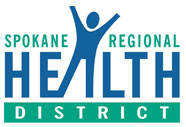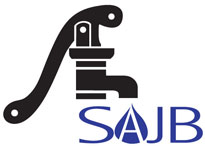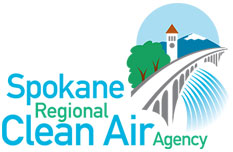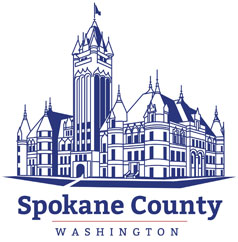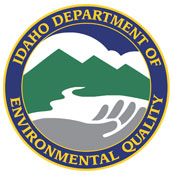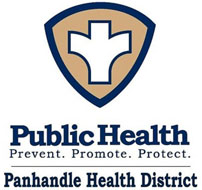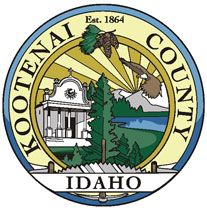Waste » Business » Solvent » Solvent
Solvents are an important category of product and waste due to their toxicity, their volatility, and their usefulness across many industries. Solvents are hazardous wastes and as such they may not be disposed of via the sewer system or general garbage.
Some commonly used solvents that designate as hazardous are acetone, methyl ethyl ketone (MEK), toluene, xylene, 1,1,1-trichloroethane, and naphtha.
Some solvents that aren't hazardous before use, such as certain citrus-based solvents and high flashpoint petroleum distillates, can become hazardous during use if metals or other chemicals contaminate them.
Chlorinated Solvents (these contain chlorine) are always considered hazardous. To identify chlorinated solvents, look for the syllable "chlor-" in the list of ingredients on the container or the material safety data sheet.
Spent solvents can be settled, filtered or distilled and reused in your shop using a solvent still. For more information read the Department of Ecology’s “On-Site Distillation” guide.
Solvents can be sent off-site for recycling, incineration, or fuel blending in a permitted industrial furnace. Recycling spent solvent can offer benefits in the form of recycling credits, lower overall waste counts and greater control over solvent quality.
In some cases, spent solvent may be suitable for reuse, without treatment, by another business with less demanding purity requirements. Exchanging spent solvent can offer benefits in the form of recycling credits, lower overall waste counts and greater control over solvent quality.
Solvent Substitution is the switching out of one solvent for another, usually a less-toxic one for one that is more dangerous. Modern solvents with water or soy as a base are often good options.
If you must continue to use solvents that produce dangerous wastes, you may want to recycle your spent solvent through on-site distillation by purchasing a solvent still. You may also elect to outsource treatment to a certified hazardous waste vendor.
For more information read the Department of Ecology’s “Understanding Regulations on Solvent Cleaning Equipment.”
The Department of Ecology’s “On-Site Distillation”


